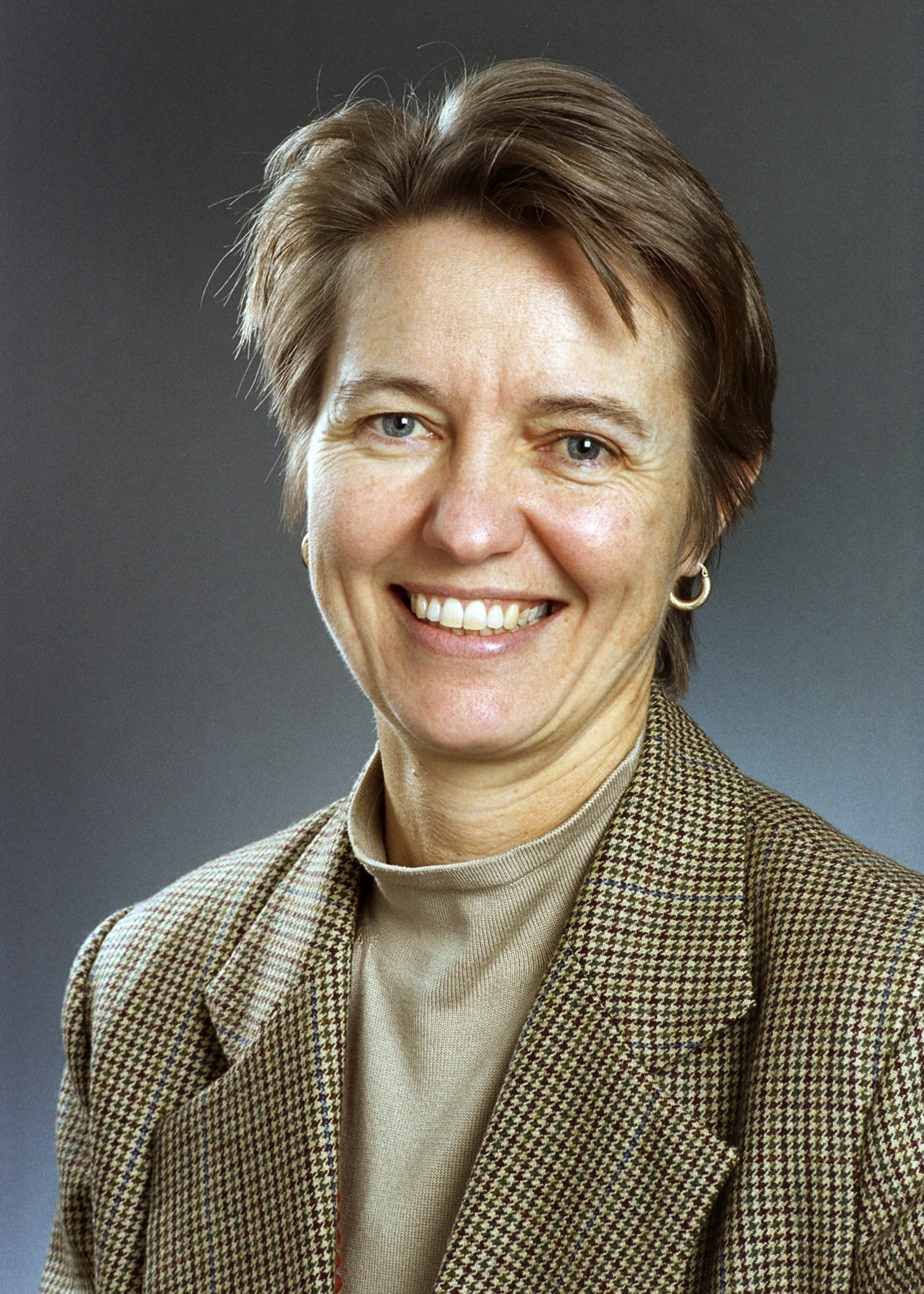
To gain a better understanding of how aging affects residents’ needs and quality of life, the city of Boise has partnered with Boise State University’s Center for the Study of Aging to conduct an age-friendly assessment of the community.
According to the U.S. Department of Health and Human Services’ Administration on Aging, people ages 65 and older represented 12.4 percent of the population in the year 2000; by 2030, that number is expected to grow to 19 percent.
Not only are Americans living longer, they’re generally more active than earlier generations and are more involved in, and have higher expectations of, their communities.
Center Director Sarah Toevs and Tami Cirerol, a graduate student in the master of health science program, are working with Roseanne Swain, superintendent of recreation at Boise Parks and Recreation, on the project.
“It has been such a pleasure to work with Boise State University’s faculty and students,” Swain said. “The City of Boise is committed to building an age-friendly community and partnering with this team has been instrumental in gathering the information we need to make positive change.”
Based on protocol developed by the World Health Organization (WHO), the assessment is providing the City of Boise with action-focused findings from older adults (ages 60 and up), caregivers of older adults, and organizations that provide services to older adults in Boise.
Results will be presented to the Boise City Council. The city plans to use assessment results to enhance community services and join the WHO Global Network of Age-friendly Cities and Communities. Cirerol also hopes to create a replicable methodology that can be used by other cities across the country.
While the WHO assessment relied on focus groups, Boise State is looking for a more robust approach that includes more voices in the results. And the project not only looks at older adult access to services, it’s also focused on social inclusion and quality of life.
“We’re interested in focus groups within the targeted populations, and also a survey through a variety of older-adult entities like Meals on Wheels,” said Cirerol. “The next step is to look at low-income older adults.”
Cirerol has added GIS mapping of transportation and older-adult services and housing to give a more complete picture. In addition to Toevs and Cirerol, the project also includes two graduate students from the Department of Community and Regional Planning and three undergraduates.
“Older adults are an incredible economic engine, but how can we be competitive?” asked Toevs. “I think there are changes in our future in regard to age-related services.”
Community-university partnerships like this exemplify the mission of the Center for the Study of Aging, which is to serve as a catalyst for change with the goal of assuring that communities in Idaho are equipped to help people lead fulfilling lives.